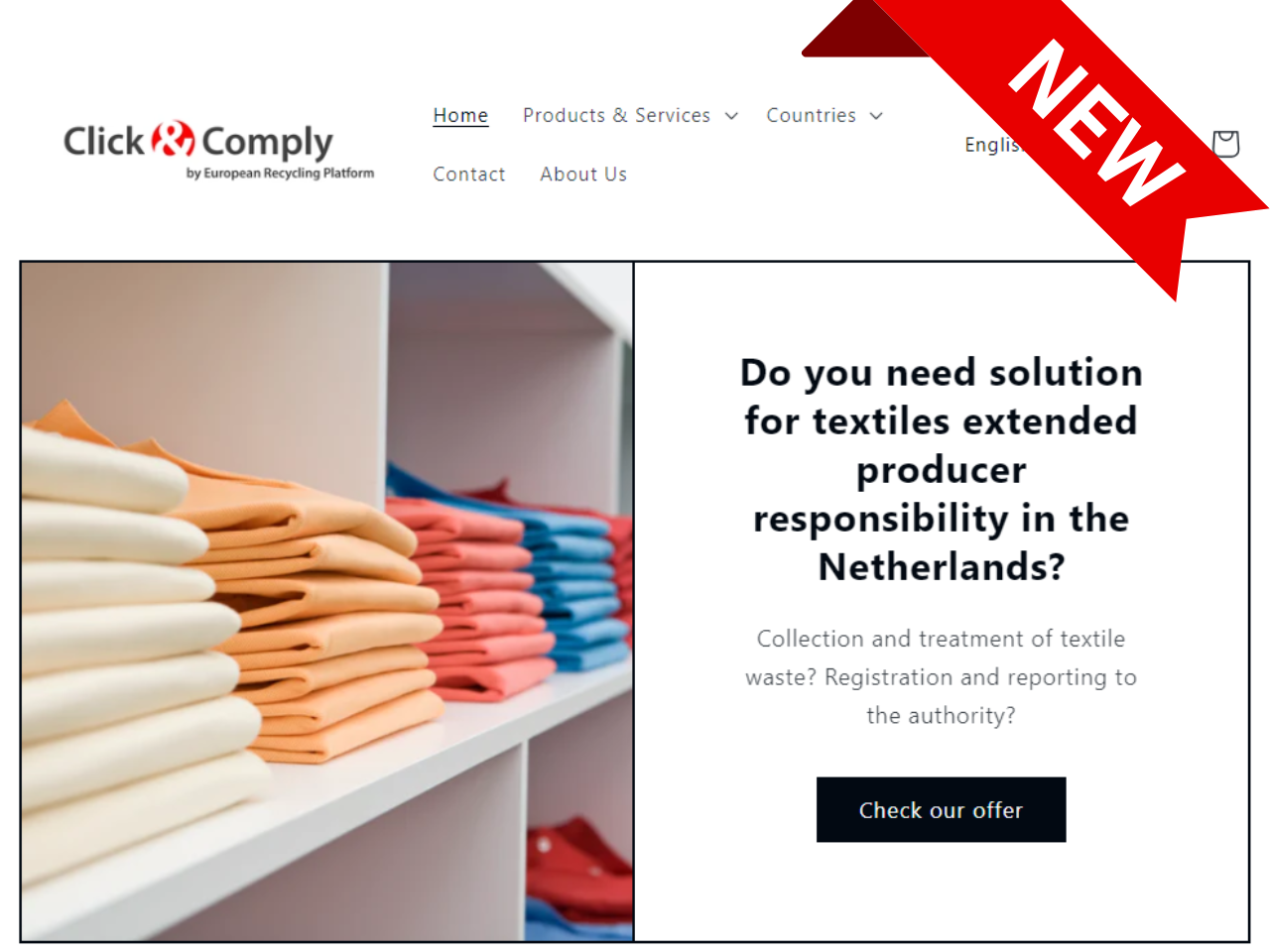What are the latest developments concerning environmental legislation globally? We’ve picked out some highlights for you for February 2023.
Agreement on EU Battery Regulation
The negotiations on the new battery regulation have been wrapped up.
In December, the European Parliament, the Council of the European Union and the European Commission agreed on a political compromise. Council and Parliament still have to formally approve the proposal. The vote in Parliament is scheduled for 7 March.
The regulation replaces the battery directive, which has been in force since 2006, and aims to meet the recent developments in the battery market and increased environmental and sustainability requirements.
Unlike the old directive, the new regulation is directly applicable in all member states and does not require prior national implementation, with one exception: end-of-life requirements, including EPR and continuously setting minimum requirements to Member States, are to be transposed into national law.
Here is an overview of the most important changes:
- new battery categories: portable batteries, starting, lighting and ignition (SLI) batteries, electric vehicle batteries, industrial batteries, and light means of transport batteries
- new labelling and information requirements for SLI, electric vehicle and industrial batteries, including a carbon footprint declaration, carbon footprint performance classes, as well as maximum thresholds for carbon footprint
- battery passports for SLI, electric vehicle and industrial batteries, providing information on the carbon footprint, performance and durability parameters, as well as the material composition of the battery
- requirements on the minimum recycled content of batteries, and
- higher collection rates for waste portable batteries (45% from 31 December 2023, 63% from 31 December 2027, 73% from 31 December 2030)
The regulation will enter into force on the 20th day following its publication in the Official Journal of the European Union, which is expected to be in April. However, some aspects of the regulation, such as the provisions on the end-of-life management of batteries, will not apply until 24 months later.
New EU label for repairability of smartphones and tablets
The European Commission has published a draft proposal for a new EU label addressing the repairability of smartphones and tablets. It contains a repairability index, which indicates on a scale of A-E how easily the devices can be repaired. The introduction is planned for 2025.
The index reflects criteria such as the number of steps required for disassembly, the availability of spare parts or the period in which the equipment is provided with software updates.
The label aims to support customers in their purchasing decisions and to encourage producers to design their products innovatively and sustainably. In addition, incentives will be created for customers to have old appliances repaired instead of disposing of them.
To have your say on the proposal, take part in the public consultation here.
Updates on EPR reform in the UK
The UK Department for Environment, Food, and Rural Affairs (Defra) has launched a Business Readiness Forum to keep industry up to date on current legislative processes and projects. Defra has also published an Obligation Checker, which informs companies about their extended producer responsibility (EPR) obligations.
The initiative is intended to keep industry informed about current EPR reforms, and provide an opportunity for industry to contribute with questions and input to the ongoing discussions. The first forum took place virtually on 10 January and is continued at two-week intervals.
Landbell Group company, ERP UK is taking part in the forum.
European Parliament takes position on Waste Shipment Regulation
On 17 January, the European Parliament voted on its negotiating position for the upcoming trilogue negotiations on the revision of the Waste Shipment Regulation. The draft prepared by the Parliament’s Environment Committee received a large majority: 594 MEPs voted in favour, 5 against and 42 abstained.
The revision was triggered by the growing amount of waste that is shipped to non-EU countries. The new regulation therefore aims at stimulating the circular economy and converting waste into resources, as well as protecting the environment and competition.
The Parliament proposes to prohibit the shipment of waste to other EU countries for the sole purpose of disposal. Exceptions are only permitted in well-founded individual cases. In addition, new rules are to be introduced for non-hazardous waste and its shipment to non-OECD countries. According to these proposals, waste may only be shipped to countries that are able and willing to recover it. The Commission is mandated to draw up an annually updated list of such countries.
In some points, the Parliament’s position goes beyond the Commission’s proposal. For example, the Parliament demands a complete ban on plastic waste exports to non-OECD countries, as well as a phase-out period of four years for corresponding exports to OECD countries.
The European Council has not yet agreed on a negotiating position. However, it is expected that trilogue negotiations will start in the second quarter of this year.
Sign up for our monthly
report COMPASS here:
Your email











